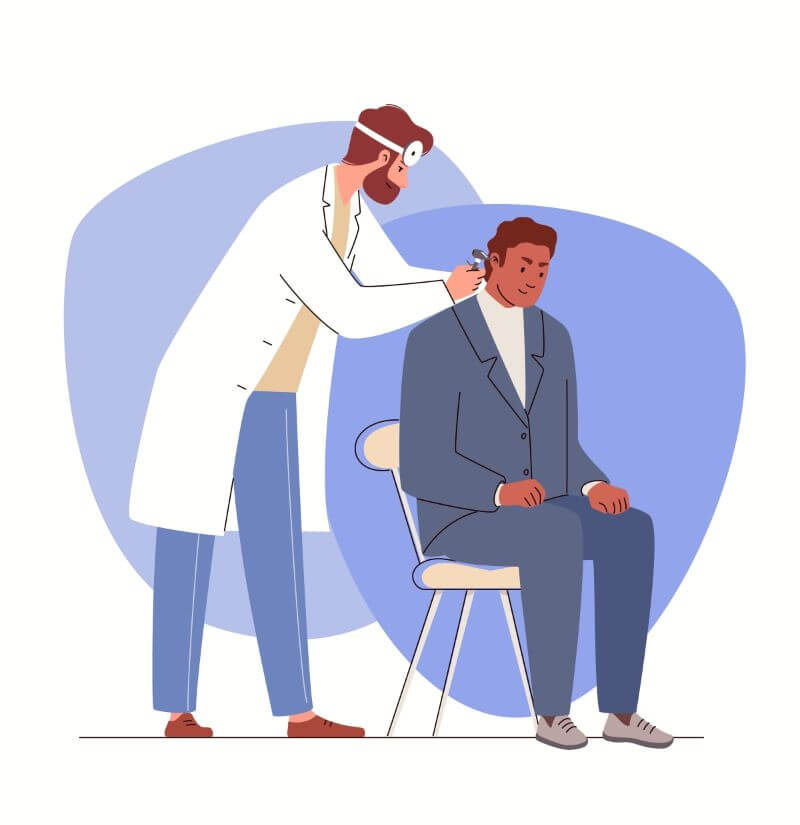FAQ
Can hearing aids make me hear normally again?
Hearing Aids Will help your hearing Hearing aids work very well when fit and adjusted properly. They are designed to bring sound back to the brain in impaired ranges. It’s important to understand that hearing aids are not a “cure” for hearing loss, but rather an aid for hearing loss. There will still be situations…
Read MoreWhat about purchasing a hearing aid online?
The effectiveness of your hearing aids is dependent on how they are programmed for sound. The way they are programmed and the way they fit are directly related to the unique characteristics of your hearing loss. This is something that only a trained professional can do. Hearing aids also require fine tuning and scientific verification…
Read MoreIs an over-the-counter hearing aid an option?
Over-the-counter hearing aids will be offered in the North American market in the next year or two. These inexpensive models are simply amplifiers that will make everything louder. They will not have the sophistication to make fine tuning preference adjustments, nor have some of the important/sophisticated features that today’s hearing aids are designed to do.…
Read MoreWhat is tinnitus?
Tinnitus is the sensation of sound, often described as ringing, buzzing, hissing, or roaring. It can be heard in your ears or in your head and can be intermittent or constant. Many people can tune it out, however others need support in coping as it can cause great distress and affect people in areas such…
Read MoreIs there funding for hearing aids?
Funding may be available through the Assistive Devices Program, Veterans’ Affairs Canada, The Workplace Safety and Insurance Board, The Ontario Disability Support Program, The Non-Insured Health Benefits Program, Ontario Works and private insurance plans. We also offer hearing aid financing plans.
Read MoreWhat is involved in deciding which hearing solution will be chosen?
Patients differ in their hearing needs and goals. As such, solutions are different for everyone and are based on factors such as power requirements, patient lifestyle, features required, accessory needs, goals, finances, and vision/dexterity limitations.
Read MoreWhy do some clinics offer free hearing tests?
Hearing tests are only covered by OHIP if the testing is done in an Ear Nose and Throat Specialist’s office. Some clinics offer “free hearing tests,” but they are often screenings to see if you pass or fail and not a full diagnostic test. If the test is more complete, and the client wants a…
Read MoreHow can I help my loved one?
Being around someone who is struggling with their hearing can be frustrating and it often puts a strain on relationships. Untreated hearing loss can cause a person to lose confidence, withdraw socially and become isolated and/or depressed. It has also been linked with increased risk of dementia and falls. We check our vision and clean…
Read MoreWhat is an audiologist?
An audiologist is a hearing healthcare professional who assesses and treats hearing loss. Most audiologists in Canada hold a master’s degree and some hold a Doctorate degree in Audiology. Some audiologists have completed additional exams to become nationally certified. Audiologists require registration with a regulatory college in their provinces in order to practice.
Read More
